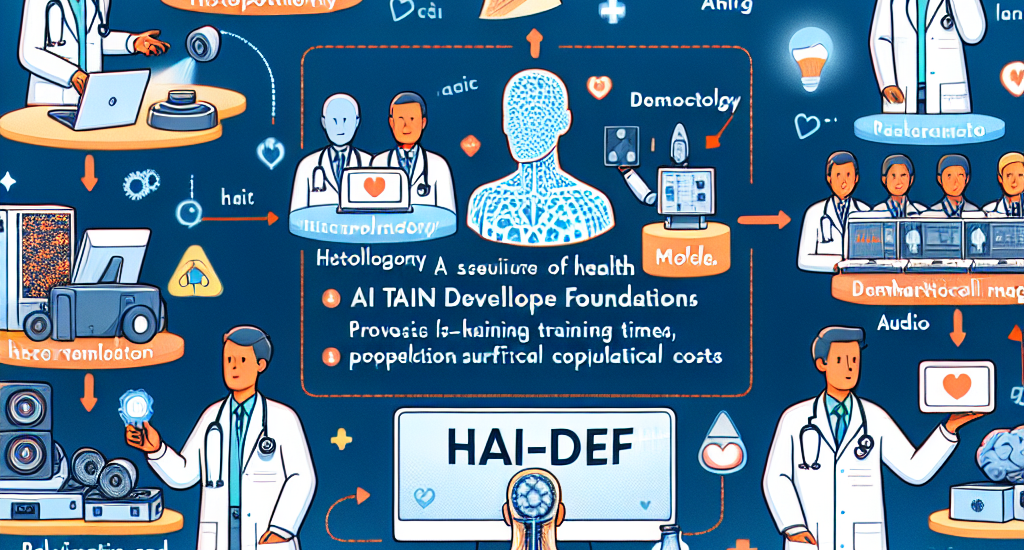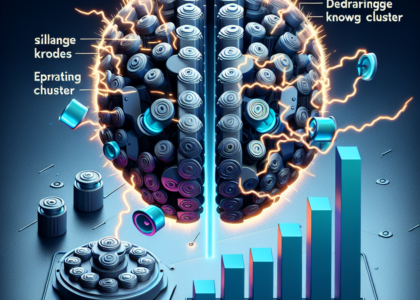Authors: Atilla P. Kiraly, Sebastien Baur, Kenneth Philbrick, Fereshteh Mahvar, Liron Yatziv, Tiffany Chen, Bram Sterling, Nick George, Fayaz Jamil, Jing Tang, Kai Bailey, Faruk Ahmed, Akshay Goel, Abbi Ward, Lin Yang, Andrew Sellergren, Yossi Matias, Avinatan Hassidim, Shravya Shetty, Daniel Golden, Shekoofeh Azizi, David F. Steiner, Yun Liu, Tim Thelin, Rory Pilgrim, Can Kirmizibayrak
Abstract: Robust medical Machine Learning (ML) models have the potential to
revolutionize healthcare by accelerating clinical research, improving workflows
and outcomes, and producing novel insights or capabilities. Developing such ML
models from scratch is cost prohibitive and requires substantial compute, data,
and time (e.g., expert labeling). To address these challenges, we introduce
Health AI Developer Foundations (HAI-DEF), a suite of pre-trained,
domain-specific foundation models, tools, and recipes to accelerate building ML
for health applications. The models cover various modalities and domains,
including radiology (X-rays and computed tomography), histopathology,
dermatological imaging, and audio. These models provide domain specific
embeddings that facilitate AI development with less labeled data, shorter
training times, and reduced computational costs compared to traditional
approaches. In addition, we utilize a common interface and style across these
models, and prioritize usability to enable developers to integrate HAI-DEF
efficiently. We present model evaluations across various tasks and conclude
with a discussion of their application and evaluation, covering the importance
of ensuring efficacy, fairness, and equity. Finally, while HAI-DEF and
specifically the foundation models lower the barrier to entry for ML in
healthcare, we emphasize the importance of validation with problem- and
population-specific data for each desired usage setting. This technical report
will be updated over time as more modalities and features are added.
Source: http://arxiv.org/abs/2411.15128v1





